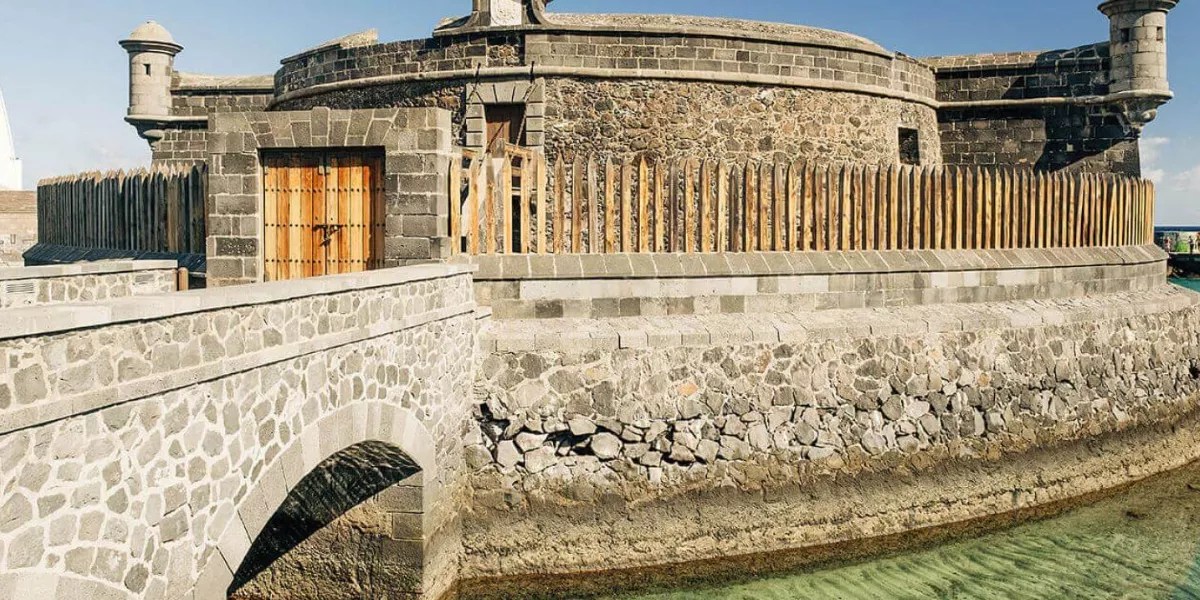
“Speaking in public is not always easy”. These are the words of Alba Viera, the Director General of the Model United Nations (MUN) organized by the University of La Laguna (ULL) and the University of Las Palmas de Gran Canaria. This is a simulation where young students step into the shoes of diplomats representing different nations within this international organization to discuss and address various global and general interest topics.
The second edition of this meeting, which began in Tenerife on Tuesday, 16th July and ends tomorrow, Friday, has focused on the United Nations High Commissioner for Refugees (UNHCR). Therefore, topics such as the migratory situation in the Canary Islands and the urgency of equating the rights of economic migrants have been addressed.
“This format allows them to thoroughly research global issues from the perspective of their assigned country, participate in debates, draft resolutions and negotiate with other delegates. Through these activities, students can significantly deepen their understanding of the complexities of international relations and diplomacy, coming very close to the actual functioning of the UN,” points out Viera.
And so, in addition to learning to speak in public – or at least, losing the fear of it – young people also have the opportunity to create “a new space for cultural exchange and commitment to global challenges,” in the words of the Director General.
These types of simulations also take place in other locations in Spain – and around the world – both through the United Nations and other political bodies such as the Congress of Deputies, autonomous parliaments, or the European Parliament. The idea of starting this initiative in the Islands came from students at ULL and ULPGC who, upon recognizing the need to establish a space in the Archipelago for students to engage with politics, decided to create the Canary Youth Debate Association and organize the MUN.
“We aim to bring this event to Gran Canaria in the near future,” Viera also expresses, planning for the simulation to land on the Island in its third edition.
With a total of 22 participants – four from the ULPGC, ten from the ULL, four from Carlos III University, one from Castilla-La Mancha University, one from Rey Juan Carlos University, one from the Open University of Catalonia, and one from Francisco de Vitoria University – this year’s edition has also featured talks such as that of ULL’s Constitutional Law professor, Gerardo Pérez, focusing on giving oratory advice; with the tourism expert Rita Medina, addressing the current status of tourism; and with Tenerife’s Councillor for Foreign Action and Tourism, Lope Afonso, to explain the external relations of his institution with Latin America and Africa.
The debates
[–>
As mentioned earlier, the topics that have dominated the debates this year are highly current: on one hand, voluntary return and reintegration of refugees, and on the other, inequality in movements. Regarding the former, Viera highlights that “it is crucial due to the migration crisis facing the Canary Islands” and what has been sought in these days of conversation and exchange of views is for “delegates to work on finding solutions to this issue by formalizing agreements with the countries of origin of the majority of migrants who arrive irregularly on the Islands”.
On the other hand, concerning the second topic, this edition of the MUN has raised the urgency of equating the rights of economic migrants. “They are among the most numerous globally, however, their international recognition is limited,” explains the Director General. To which she adds: “A person fleeing their country due to the inability to subsist for economic reasons does not enjoy the same rights as, for example, a person escaping from a war situation”.
Occupying this position within the MUN has allowed Viera to closely observe the interests and concerns of the youth, which include – in addition to the migration issue – climate change and sustainability. “We are aware of the devastating impacts that global warming can have on the planet and we demand concrete actions to mitigate these effects. Sustainability and environmental protection are clear priorities, with many young people actively participating in movements and campaigns”, she asserts.
Other hot topics mentioned by the Director General that are on the minds of students include Human Rights and equality, global health and innovation and technology.
[–>
“Participating in MUN not only allows them to better understand the complexities of global issues, but also inspires them to act. Training sessions and intensive debates help shape a youth that is not only informed but also motivated and equipped to make a difference. Therefore, I can confidently state that we are gradually building a committed youth, ready to face and resolve global challenges with determination and creativity,” concludes Viera.















